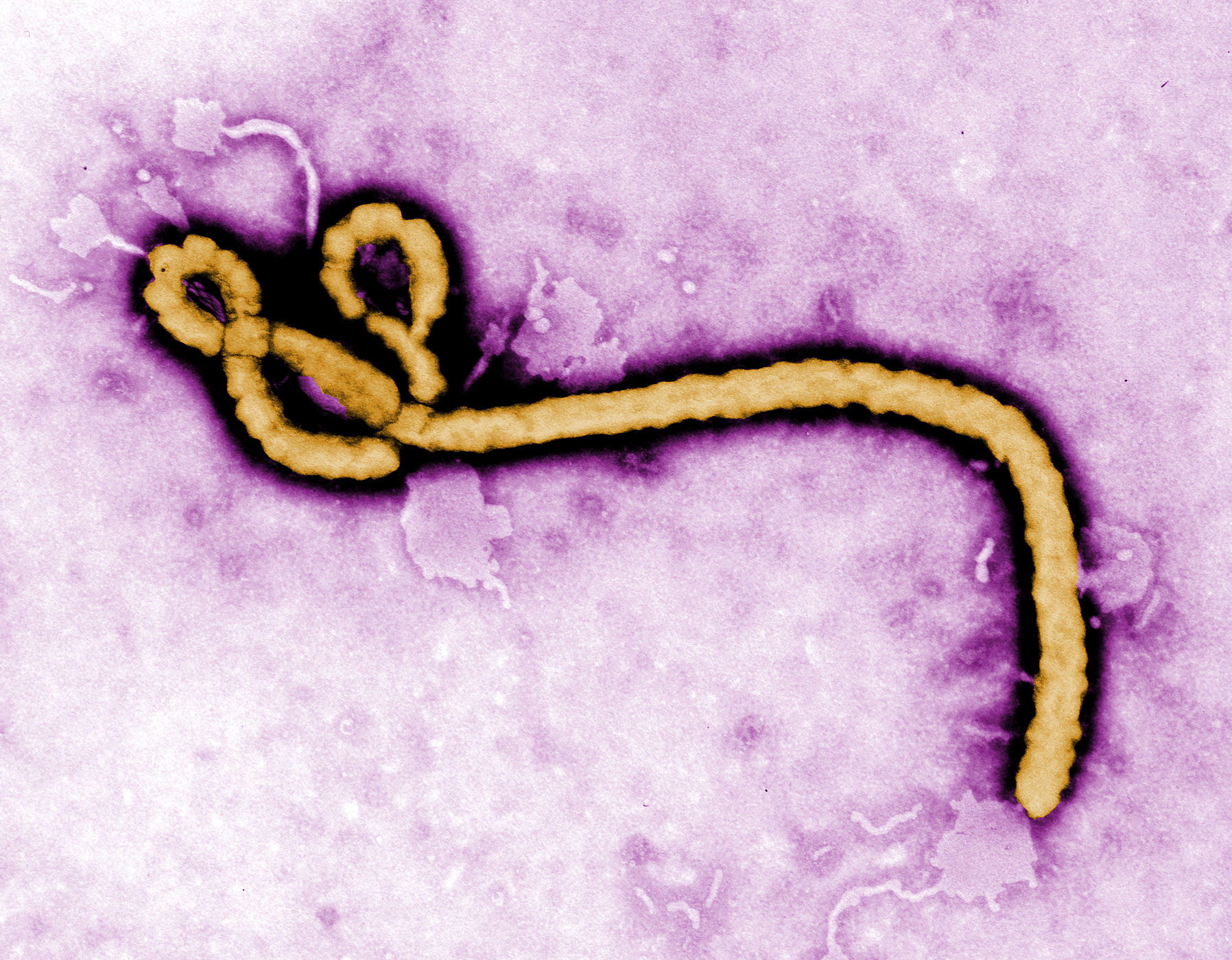
While the U.S. military has dispatched some 1,600 troops to Iraq in recent weeks to deal with the threats posed by Islamic militants there, it apparently was saving its big guns for a more insidious threat: the Ebola virus.
On Tuesday, the Pentagon announced it will soon have about 1,600 troops in western Africa dealing with the spreading scourge—and that nearly half of them will come from the Army’s storied 101st Airborne Division.
“It’s not an armed threat,” Rear Admiral John Kirby, the Pentagon spokesman, said of the Ebola virus Tuesday. But “just like any other threat, we take it very, very seriously.” While U.S. troops will not be tending to those infected with the disease, he said, they will be “trained on personal protective equipment and on the disease itself…we’ll make sure that they’ve got the protection that they need.”
Like the war against the Islamic State in Iraq and Greater Syria (ISIS), the battle against Ebola is open-ended, Kirby said. He announced that a 700-strong headquarters unit from the 101st would head to Liberia by the month’s end to help coordinate the response to the epidemic. The virus has so far killed over 1,800 in Liberia, the country worst affected by the outbreak.
A second group of 700 engineering troops are headed there to build treatment units to treat the infected, he said. Nearly 200 U.S. troops are already in West Africa dealing with the threat.
“These deployments are part of a whole-of-government response to the Ebola outbreak,” Kirby said. “The U.S. military is not in the lead, but we are fully prepared to contribute our unique capabilities.”
Last week, 15 Navy Seabees—the service’s construction arm—arrived in the Liberian capital of Monrovia to begin help building treatment and training centers. “We’re establishing command and control nodes, logistics hubs, training for health care workers, and providing engineering support,” Army General Martin Dempsey, chairman of the Joint Chiefs of Staff, said. “The protection of our men and women is my priority as we seek to help those in Africa and work together to stem the tide of this crisis.”
The World Health Organization said Tuesday that the number of Ebola patients in Guinea, Liberia and Sierra Leone had topped 6,500, with nearly half of them dying from the disease.
It was only two weeks ago that President Obama declared the U.S. would dispatch 3,000 troops to battle Ebola. “If the outbreak is not stopped now,” he warned, “we could be looking at hundreds of thousands of people infected, with profound political and economic and security implications for all of us.”
On Tuesday, in another echo of the fight against ISIS, Kirby said that might not prove sufficient. “They’ll come in waves,” he said of U.S. troops deployments. “It could go higher than 3,000 troops eventually.”
More Must-Reads From TIME
- The 100 Most Influential People of 2024
- Coco Gauff Is Playing for Herself Now
- Scenes From Pro-Palestinian Encampments Across U.S. Universities
- 6 Compliments That Land Every Time
- If You're Dating Right Now , You're Brave: Column
- The AI That Could Heal a Divided Internet
- Fallout Is a Brilliant Model for the Future of Video Game Adaptations
- Want Weekly Recs on What to Watch, Read, and More? Sign Up for Worth Your Time
Contact us at letters@time.com